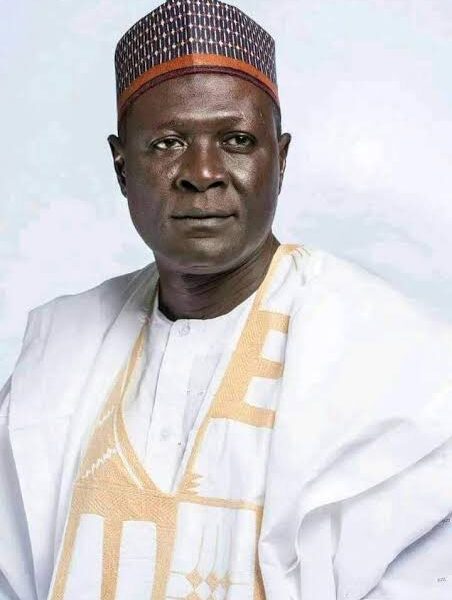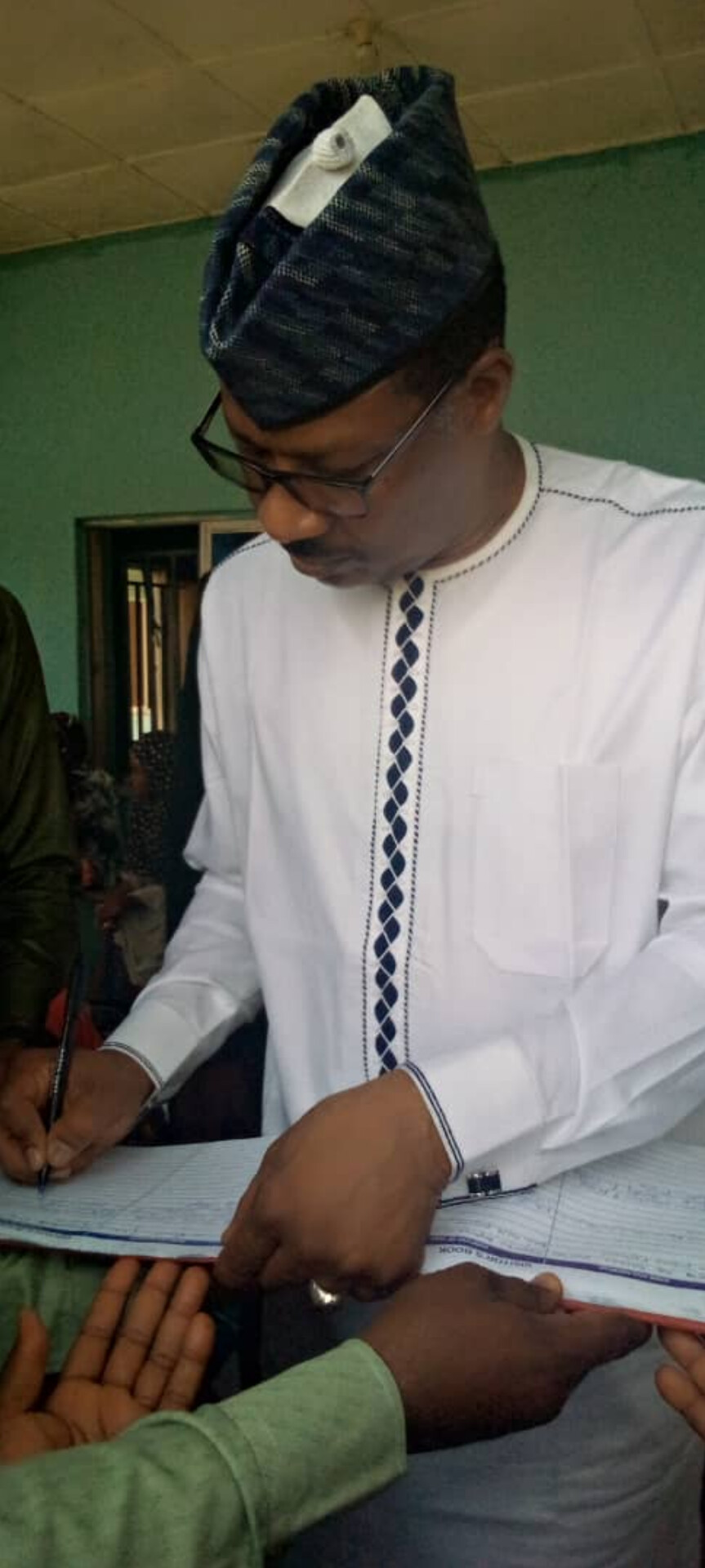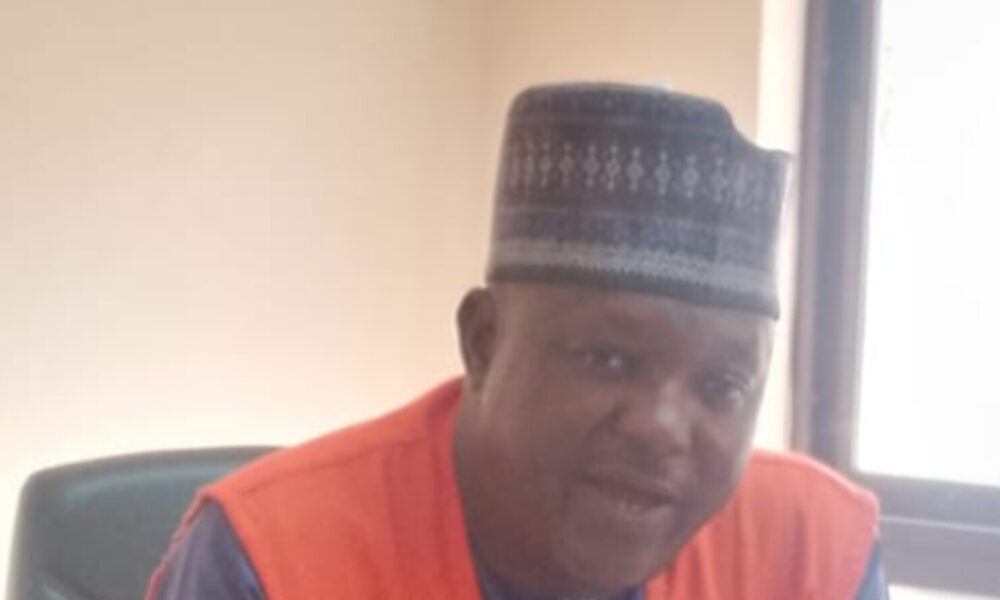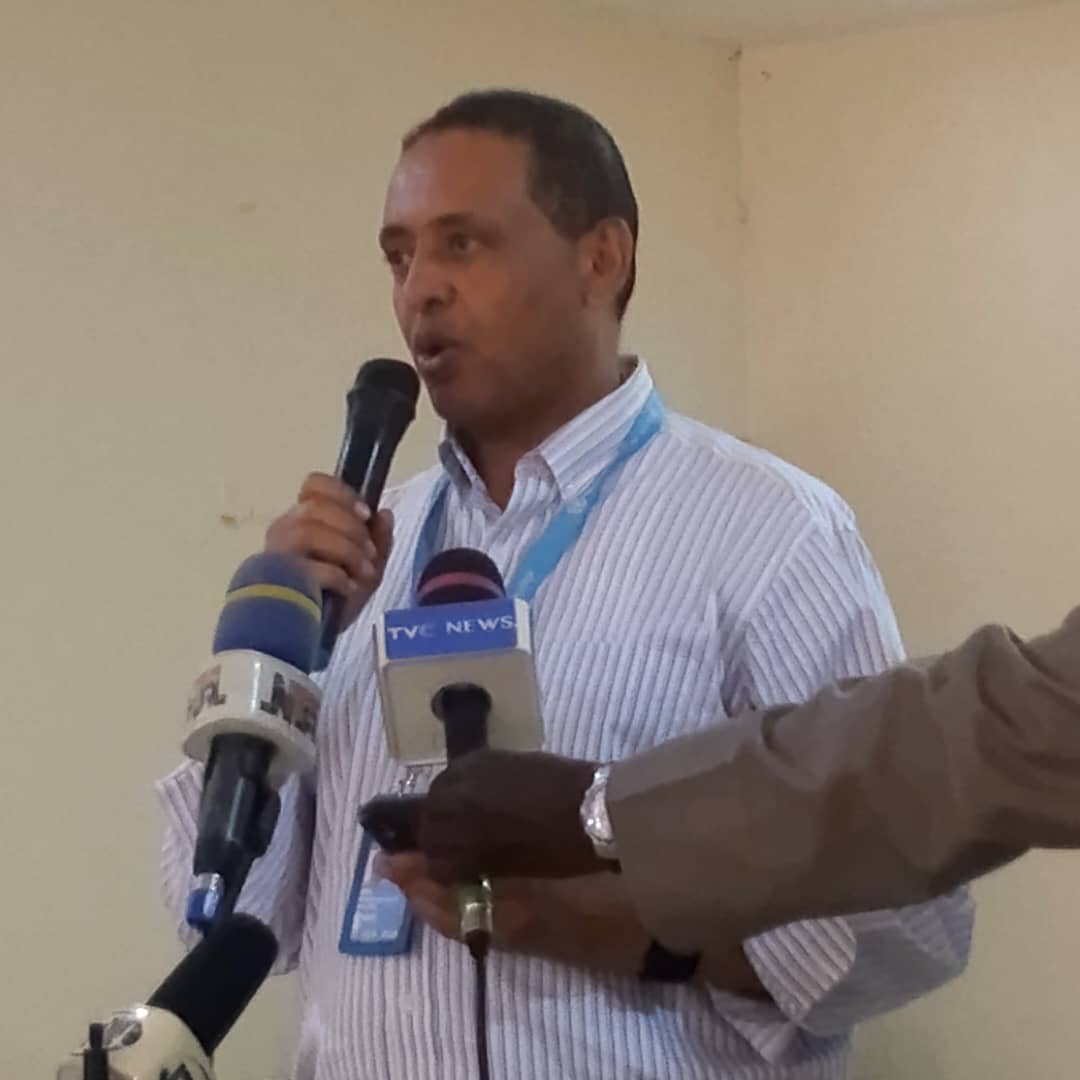By Ahmed Rufa’i Dutse
In a demonstration of unity and inclusivity, Senator Babangida Hussaini of Jigawa North-West Senatorial District has extended goodwill gestures to Christian communities during the Christmas celebrations, earning widespread praise from the Christian Association of Nigeria (CAN).
The Deputy Chairman of CAN in Kazaure Local Government, Pastor Ochai Abho, expressed gratitude on behalf of the Christian community, acknowledging the senator’s thoughtful contributions of rice and cash to believers across the 12 local government areas of the district.
In a statement released in Dutse, Pastor Abho lauded Senator Hussaini’s consistent support for the Christian population, especially during festive periods. He described the senator’s interventions as a symbol of compassion and inclusiveness, strengthening bonds across religious lines.
“The Christian Association of Nigeria appreciates Senator Babangida Hussaini (Walin Kazaure) for his generosity, kindness, and care to his constituents,” the statement read. “His continued inclusion of Christians in his programs underscores his commitment to fairness and unity.”
Pastor Abho emphasized that the senator’s actions have promoted peaceful coexistence and demonstrated leadership that transcends religious boundaries.
Meanwhile, Senator Hussaini has also reached out to mourn the passing of Elder Ayuba Bako, a respected member of the Kazaure Christian community, who passed away during his 50th wedding anniversary celebration on Christmas Day.
Represented by Alhaji Umar Mega, the senator paid tribute to the late Elder Ayuba, describing him as a man of peace, humility, and strong faith who left an indelible mark in Kazaure, where he lived for over 50 years.
Hussaini offered prayers for the bereaved family and encouraged them to find solace in their faith, affirming his commitment to fostering unity and shared values within the district.
The senator’s dual gestures—celebrating the season of giving and standing with the grieving—have solidified his image as a bridge-builder and compassionate leader, earning him accolades from both Christian and Muslim communities.




